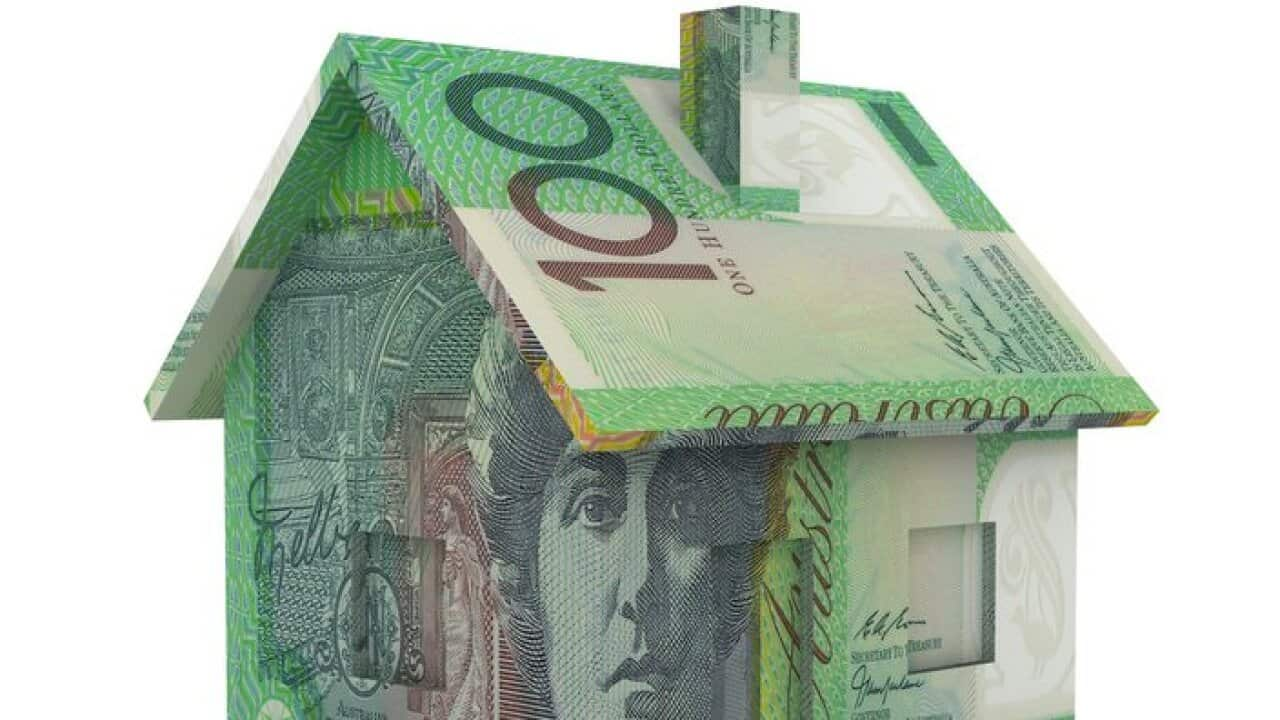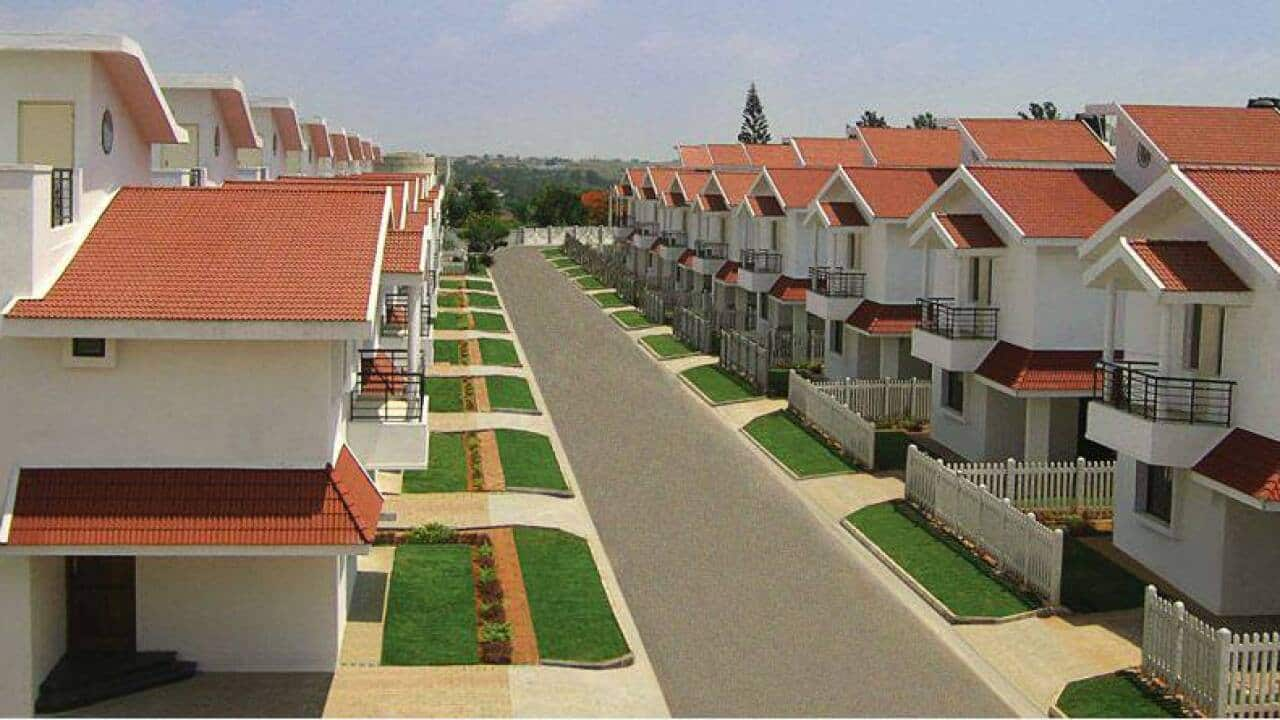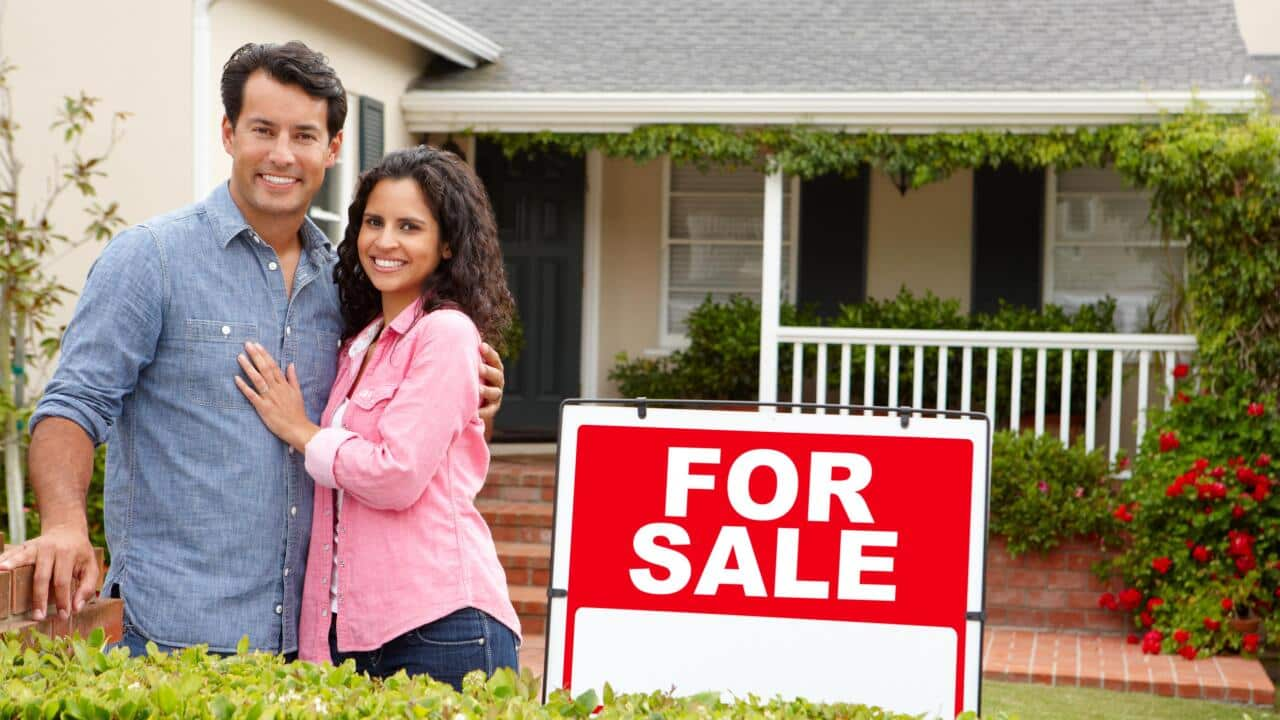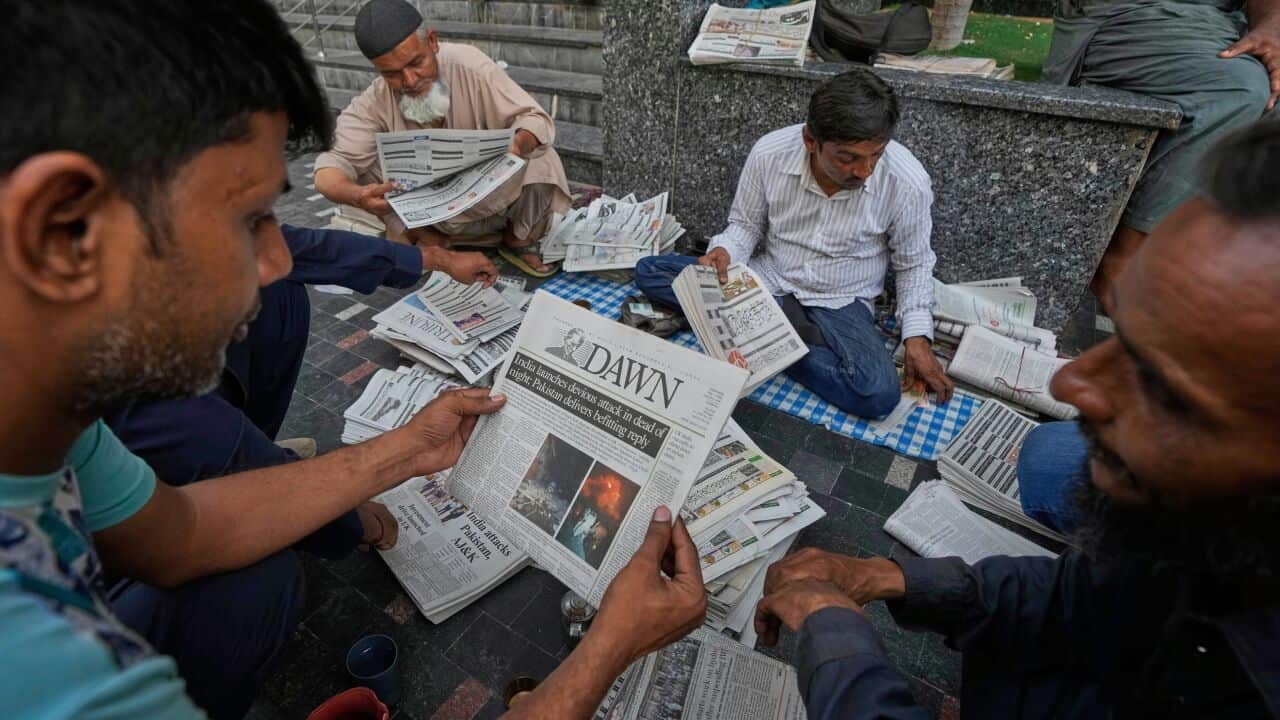The head of advice at Dixon Advisory, Nerida Cole, says first-home buyers saving for deposits can take advantage of the government's first-home, super-saver scheme.
"Any extra money that they put into super, up to an annual limit of $15,000, can then be used to put towards that deposit for their first-home purchase. And by using the super system, they get some of the same concessions that super offers, and that extra tax benefit is what gives them the extra money to put towards the deposit."
It means an average wage-earner on $80,000 a year who uses the scheme over two years would get about a $5,000 tax benefit.
Nerida Cole explains. "You would either set it up through the year as a salary sacrifice with your payroll office. At this time of the year, though, there's not time to do that, so, for the first time, employees are actually able to make a lump-sum, tax-deductible contribution to super. So they can do that right now in the last week, and they can claim then a tax deduction for that contribution and then also be able to use it towards their first home deposit."
Ms Cole says all first-home buyers need to do now then is find that money to make the lump-sum deposit.
She says an average wage-earner on $80,000 a year who uses the scheme over two years would get about a $5,000 tax benefit from it.
With a record number of new homes and apartments hitting the market, some areas are in oversupply.
There has also been a slowdown in investor activity amid tighter lending rules.
The banking regulator APRA says, after reaching a record in July last year, the value of interest-only loans has slumped to the lowest point since January 2015.
BIS Economics property analyst Angie Zigomanis says that means there is less potential for investors to bid up prices.
"Look, I think, in most markets at the moment, if you're a first-home buyer, there's not a real lot of urgency to be buying. Prices aren't going to be running ahead of you, like they have been, particularly in Sydney and Melbourne, in recent years."
Of Australia's capital cities, BIS is predicting Brisbane will have the biggest increase in median prices over the next three years.
It predicts prices in Brisbane will rise 13 per cent as population growth catches up when a slowdown in housing construction eventuates in two years.
Prices in Canberra and Perth are forecast to grow by 10 per cent, while the rest of the country is only expected to have single-digit growth through to 2021.
Sydney prices are tipped to grow the least, by 3 per cent.
The softer prices are encouraging first-home buyers back into the market.
They now account for 17.6 per cent of owner-occupier home loans, taking out an average loan of about $343,000.









